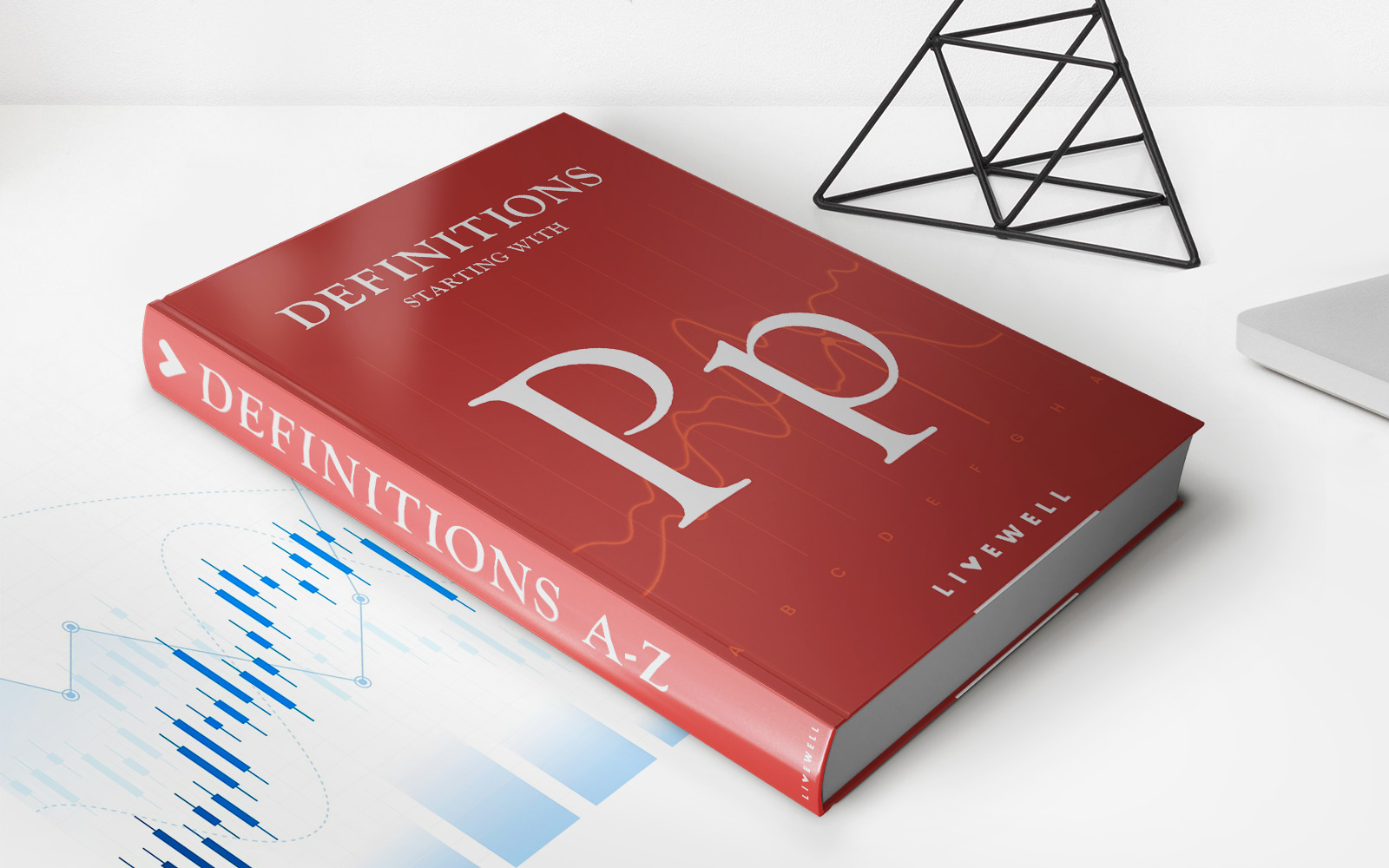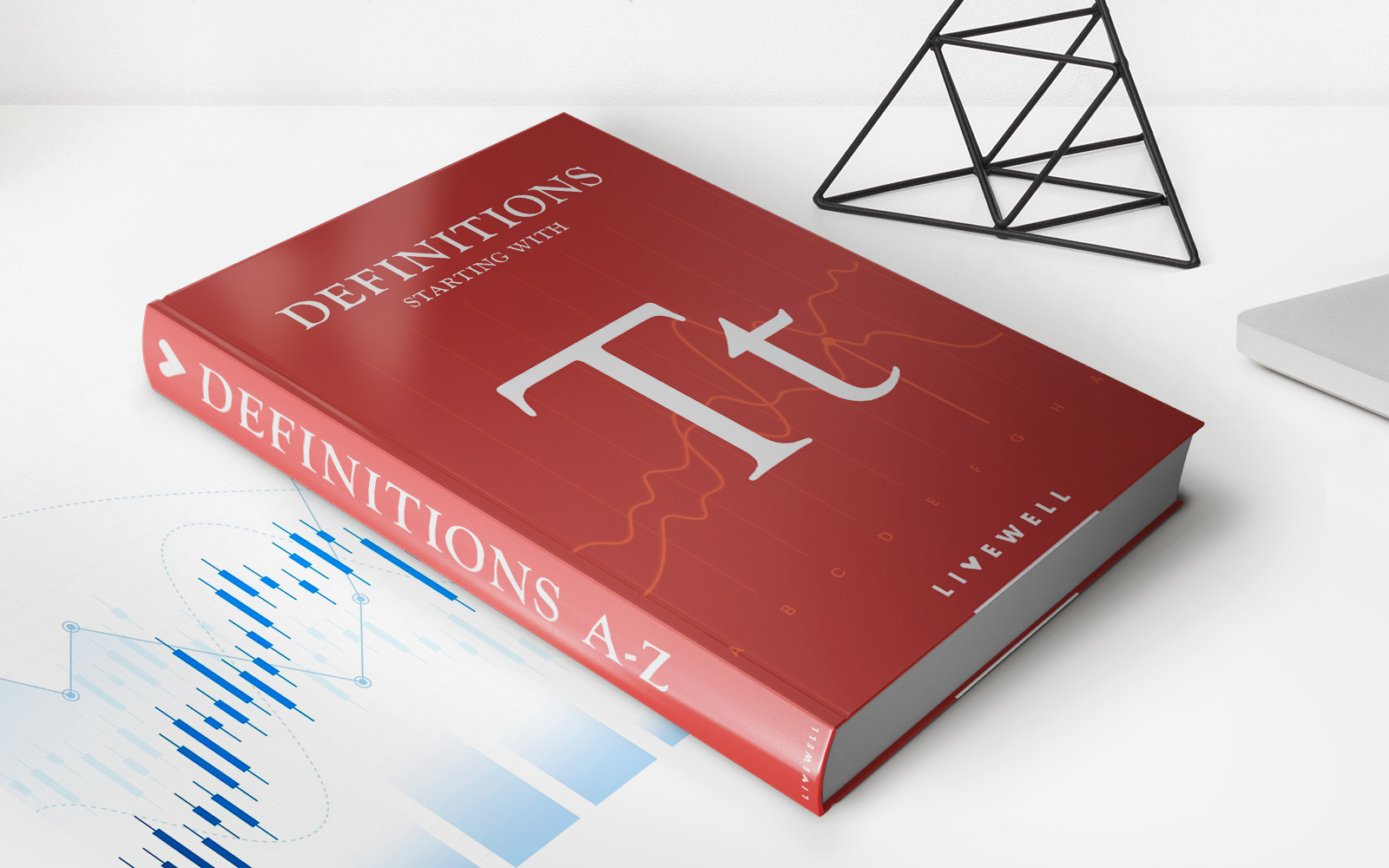

Finance
Liar Loan Definition
Modified: December 30, 2023
Learn the definition of liar loan in finance. Understand the risks and consequences associated with this deceptive financial practice.
(Many of the links in this article redirect to a specific reviewed product. Your purchase of these products through affiliate links helps to generate commission for LiveWell, at no extra cost. Learn more)
Understanding Liar Loan Definition: Protecting Yourself Financially
Finance is a vast and complex world, with numerous terms and concepts to navigate. One such term that you may have come across is “liar loan.” But what exactly is a liar loan, and why is it essential to understand this concept in order to protect yourself financially? In this blog post, we will explore the liar loan definition and shed light on why it is crucial to have a solid grasp of it.
Key Takeaways:
- A liar loan is a mortgage or loan application where applicants provide false or misleading information about their financial situation to secure approval.
- Liar loans can lead to severe financial consequences such as foreclosure, bankruptcy, and legal implications.
A liar loan, also known as a stated income or no-doc loan, is a mortgage or loan application in which applicants provide false or misleading information about their financial situation. This could involve inflating income, understating debt, or providing falsified documentation. The intention behind a liar loan is typically to secure approval for a mortgage or loan that the applicant may not be qualified for based on their true financial position.
The consequences of entering into a liar loan can be severe. Here are some potential impacts:
- Financial Instability: By providing false information, an individual may borrow more money than they can afford to repay. This can lead to a cycle of debt, missed payments, and financial instability.
- Foreclosure: If an individual is unable to meet the loan repayments due to overstated income or understated debt, they may face foreclosure on their property. This can result in the loss of their home and additional financial hardships.
- Bankruptcy: Liar loans can push borrowers into a state of insolvency, leading to bankruptcy. This can have long-lasting consequences on an individual’s financial health and creditworthiness.
- Legal Implications: Providing false information on a loan application is illegal. If discovered, borrowers could face legal consequences, such as fines or even imprisonment.
Protecting yourself from the risks associated with liar loans starts with understanding your financial situation and being honest about your ability to repay a loan. Here are a few steps you can take:
- Educate Yourself: Learn about different loan types and understand the criteria lenders use to evaluate loan applications.
- Create a Realistic Budget: Take a close look at your income, expenses, and debt to determine how much you can afford to borrow responsibly.
- Work with Reputable Lenders: Research and choose lenders known for their transparency and ethical practices.
- Consult with a Financial Advisor: Seek guidance from a financial professional who can provide objective advice tailored to your specific financial circumstances.
In conclusion, a liar loan is a deceptive application for a mortgage or loan that can have serious financial consequences. Understanding the liar loan definition and taking proactive steps to protect yourself financially is essential. By educating yourself, evaluating your financial position honestly, and working with reputable lenders, you can make informed decisions and avoid the pitfalls associated with liar loans.














